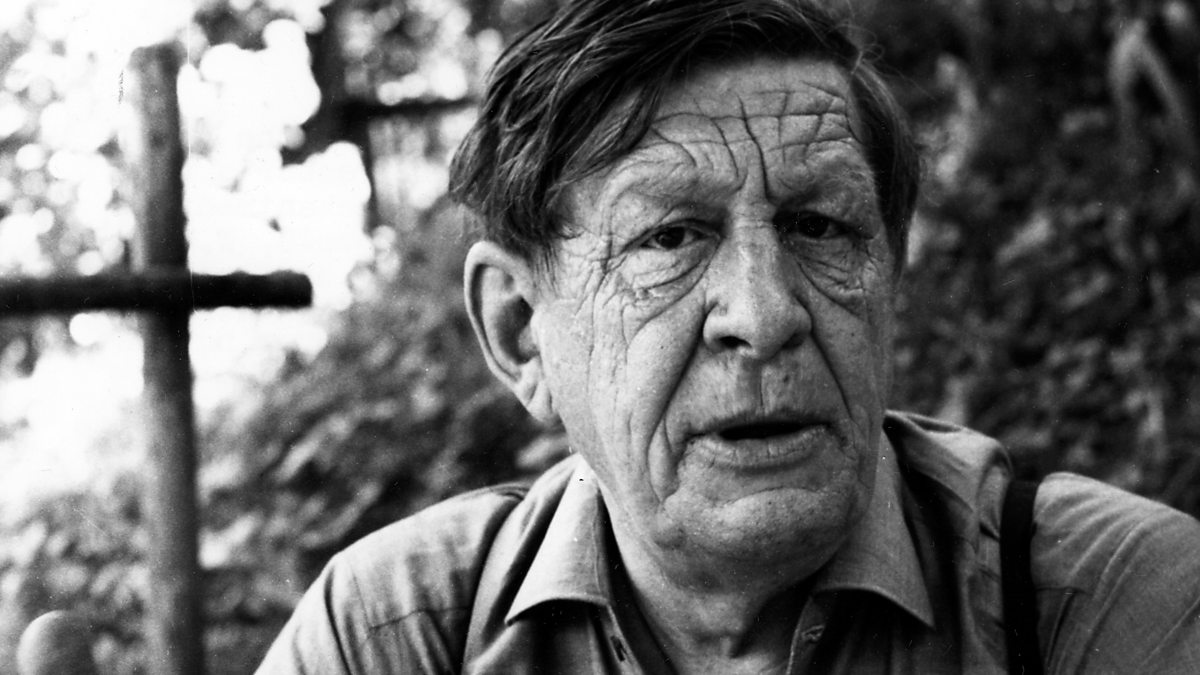

Critical reception of the poem has been decidedly mixed in the years since it appeared. The poem seems to be a meditation on the psychological implications of living in the modern world (especially in the context of World War), and concludes by suggesting a turn to religious faith.

Complicating matters is the fact that the characters are apparently allegorical representations of various mental faculties from Jungian psychology (intuition, thinking, feeling and sensing). This section of the poem is so opaque that even Auden experts have yet to decipher its meaning.

The bulk of the poem, however, is taken up with highly allusive and symbolic verse, including a rather pessimistic discussion of the Seven Ages (Auden’s updated version of Jacques’s speech about the human life cycle in Shakespeare’s As You Like It) and an imaginary journey through a dreamlike landscape of the subconscious mind (which rather resembles England) that Auden refers to as the Seven Stages. The others wander back to their places of residence as dawn breaks. Emble and Rosetta dance together until the others get the hint and leave, but Emble passes out. After much alcohol and a rather long and strange discussion, Rosetta invites the others back to her apartment for a nightcap, hoping that only Emble will accept. After hearing a news bulletin over the radio, they strike up a conversation and move to a booth together.

Four strangers are at a bar in New York City one night during World War II: a shipping clerk named Quant a Medical Intelligence officer in the Canadian Air Force named Malin a buyer for a department store named Rosetta and an attractive navy recruit named Emble. The plot of the poem (such as it is) is quickly summarized. Between 19, he would compose an unconventional symphony for piano and orchestra based on it, working on it sporadically between conducting gigs and a tour through the newly created (and still unstable) state of Israel. Auden’s extravagant, book-length poem would go on to win a Pulitzer Prize in 1948, but it began to stir Bernstein’s musical imagination immediately. Leonard Bernstein first read Auden’s The Age of Anxiety: A Baroque Eclogue in the summer of 1947, shortly after it was published.


 0 kommentar(er)
0 kommentar(er)
